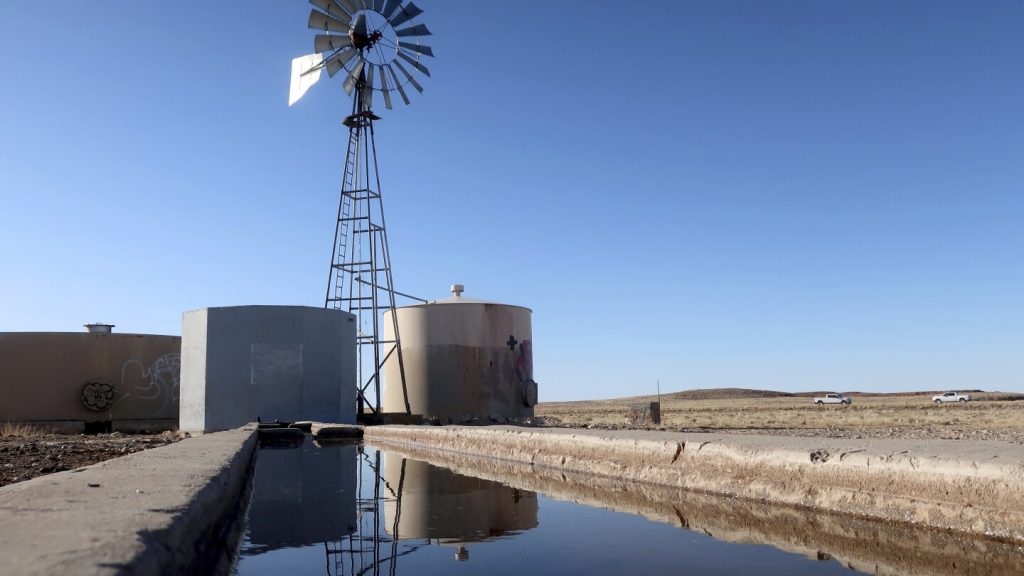A proposed water rights settlement for three Native American tribes in the Colorado River basin has taken a significant step forward with introduction in the Navajo Nation Council. The tribes involved – Navajo, Hopi, and San Juan Southern Paiute – are seeking water from various sources, including the Colorado River, the Little Colorado River, aquifers, and washes on tribal lands. The lack of access to water has been a pressing issue for many homes on the Navajo Nation and the Hopi Reservation, with nearly one-third of homes lacking running water. The San Juan Southern Paiute are also set to vote on the settlement soon.
The tribes hope to secure guaranteed water deliveries through this settlement, which would also include economic opportunities that have not been available to tribal members before. Without a settlement, the tribes would have to rely on court decisions, which could be unpredictable. The proposed settlement comes at a time when the effects of climate change, the coronavirus pandemic, and increased demands on the river have intensified the need for a resolution. The settlements are also driven by the omission of tribes in the landmark 1922 agreement that divided the Colorado River basin water among seven western states.
The cost of the proposed settlement for the Navajo, Hopi, and San Juan Southern Paiute tribes is estimated to be over $5 billion, with a significant portion allocated towards funding a pipeline from Lake Powell. This pipeline, mandated to be completed by 2040, would enable water delivery to remote tribal communities in northeastern Arizona. Additionally, the settlement terms include water allocations for the tribes from the Upper and Lower Basin of the Colorado River, as well as from the Little Colorado River. This would provide certainty in water availability for Arizona while addressing the water needs of the tribes.
The tribes have been engaged in negotiations for water rights settlements for decades, with the Navajo Nation also pursuing separate, smaller settlements in New Mexico. Tribal leaders have been working on raising awareness and educating tribal members on the importance of the settlements, including holding community meetings with translations in Navajo. Residents have expressed immediate needs, such as access to electricity for water pumps, road improvements, and well drilling. The settlements carry significant implications for tribal sovereignty and economic opportunities.
The proposed settlement is crucial for addressing the water needs of the tribes and providing long-term stability in water access. With ongoing negotiations and approvals required at various levels, the tribes are hopeful for a positive outcome under the current political climate. The settlement would not only secure water rights for the tribes but also pave the way for economic development and improved living conditions for tribal members. As the tribes move closer to finalizing the agreement, the focus remains on securing a sustainable water supply for future generations and ensuring the overall well-being of tribal communities.


